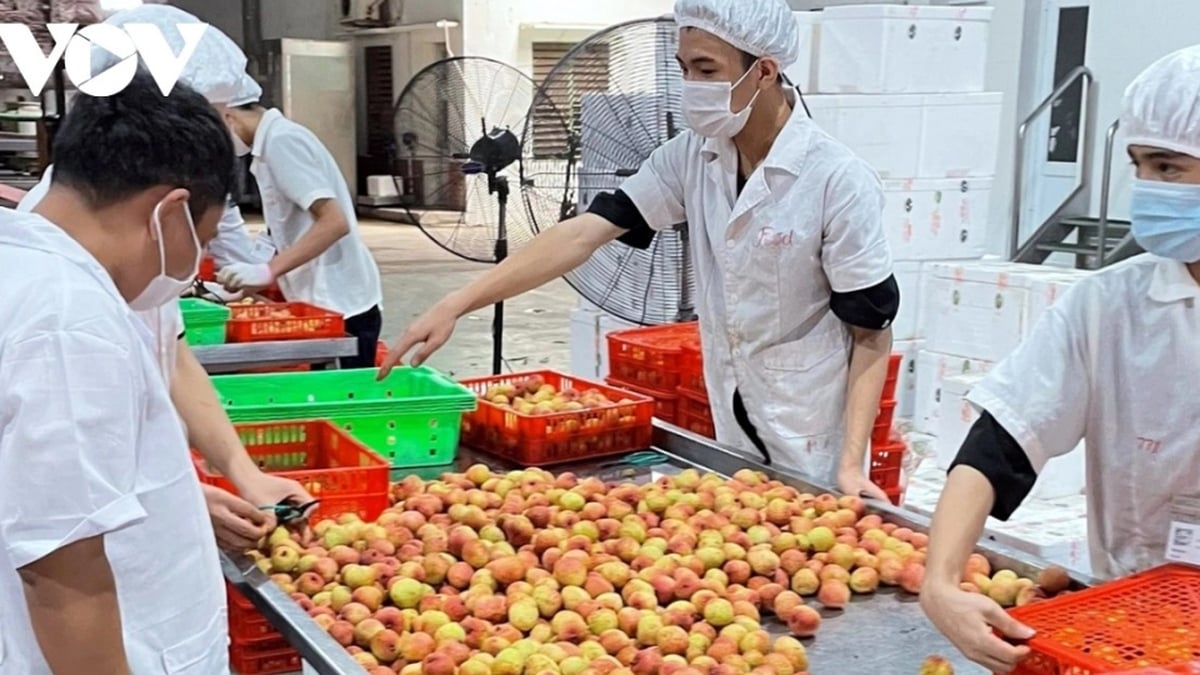Recently, the incident of a 13-year-old girl in Tay Ho ( Hanoi ) who was fortunately found in Ho Chi Minh City after 3 days of being missing caused a stir in public opinion. The Viet Hung Ward Police ( Hanoi ) also coordinated with the Criminal Police Department ( Hanoi City Police) to promptly prevent an "online kidnapping" with the trick of targeting students.
According to Associate Professor Dr. Pham Manh Ha, when a child is deceived, many people react: "Why are you so naive?", "Lack of life skills?", or even turn to criticize the parents: "What kind of teaching is that?".
However, he said that in reality, bad guys create elaborate scenarios, with psychological manipulations calculated word by word, so any child can become a victim.
In just the past few months in Vietnam, they have used words as weapons to force children to strip, film themselves, and even run away from home to a strange place.
Criminals psychologically abuse the child, making him believe that he has broken the law, is involved in something terrible, and falls into a passive, panicked state. They forbid the child from telling his parents, threatening: "If you tell, the whole family will be in danger. Only I can help you."
At that time, the child panics and falls into a state of loneliness, completely dependent on the scammer, performing actions according to their instructions.

Experts say that as our children are increasingly exposed to a complex world at an early age, it is important to identify factors that make them vulnerable to psychological manipulation. Manipulation, in subtle forms such as denial of reality or emotional exploitation, can lead to deep trauma such as anxiety disorders, depression, or falling into the traps of online fraud.
Experts point out signs so that parents can identify risks from the child's psychological characteristics, family environment and surrounding relationships.
As for children themselves, they are in a developmental stage, making some natural psychological characteristics vulnerable to exploitation by bad guys. In addition, children tend to trust strangers more than family members, for fear of being scolded or judged by their parents. This makes children easily believe in promises, enticements or even subtle threats from outside.
A real-life example is that many minors in Vietnam have been caught up in dangerous "trends" on social networks, causing serious psychological consequences because they were not oriented in time.
Children with low self-esteem, anxiety, and a tendency to blame themselves are the most vulnerable to manipulation. Bad guys will take advantage of this psychology to make children feel guilty and have to obey them to "make up for their mistakes". In particular, children who have excessive admiration for someone such as: friends, celebrities... are also very vulnerable to exploitation. These characteristics will become more dangerous when placed in a family environment that lacks support for children.
Virtual relationships develop very quickly.
According to Associate Professor, Dr. Pham Manh Ha, family is the foundation for forming children's psychological resistance, but there are some types of families that can increase the risk of children being manipulated.
The first is that the family lacks attention and connection with their children: Parents are too busy with work and do not have much time to care for their children. To fill the emotional void, children will seek attention and recognition from outside relationships, and this is an opportunity for manipulators.
Second, families that are often in conflict or broken: Children who live with parents who are arguing or divorced often have fear and insecurity. Bad guys can take advantage of this by playing the role of a "hero" who promises to protect and shelter the child. Gradually, the child will become dependent and obedient to that toxic relationship.
Third, families with large generation gaps: When children enter adolescence, their perceptions and those of their parents often have large differences, which is the generation gap. Without understanding, children will tend to close themselves off from their family and open themselves up to outside sources of information, especially from friends and social networks, where there are many potential risks.
The fourth is the trap around children: The relationships around them are the direct channel that bad guys use to approach and manipulate children. If children lack trust in their parents but easily trust strangers, a direct result of a family environment lacking connection or conflict, unable to confide in their parents, children will seek relationships online.
Bad guys often build trust very quickly through listening and empathy, then gradually manipulate the child.
Children who are involved in toxic relationships may be controlled, criticized, or have their emotions denied by their friends, such as "you're too sensitive", "there's nothing to be sad about"... This makes children doubt themselves and become increasingly dependent on the manipulator for validation.
Experts also believe that virtual relationships develop very quickly. Without the support and guidance of their families, children can easily become isolated, misled by false information, or drawn into negative chat groups and associations.
To protect their children, parents need to be observant and intervene promptly. In particular, parents should pay attention to early warning signs of changes in their children.
Children may become withdrawn and quiet, or on the contrary, irritable and unusually aggressive. Excessive anxiety and fear when not allowed to use the phone or when mentioning a certain friend/relationship.
Unusual dependence or mention of a new friend (online or in person). Poor academic performance, loss of interest in old hobbies. Lying or hiding personal activities.
Listen, don't judge
Experts say parents should be a friend their children trust. Listen without judgment, respect their feelings, even the smallest things, and teach them about body privacy and forms of psychological manipulation.
For example, teach your child that no one has the right to make him do something he doesn't want to do, even by threatening or making him feel guilty. Teach your child the skill of recognizing and saying "No" to requests.
Instead of banning the use of social networks, parents should accompany their children to learn about trends, explain to them about potential risks and establish rules for safe online use.
"By building a trustworthy home and equipping children with the necessary knowledge and skills, parents are the strongest shield to help their children develop in a healthy and safe way. If you notice signs of prolonged instability, do not hesitate to seek advice from school psychologists or family psychologists for timely advice and support," said Associate Professor, Dr. Manh Ha.

7-year prison sentence overturned, principal accused of embezzling 10 million awaits vindication

The case of a teacher who was exonerated after 9 years: Clarifying the responsibilities of the perpetrators and related officials

The case of the teacher was cleared, 8 former department leaders came to hear the conclusion: A 9-year journey to find justice
Source: https://tienphong.vn/nhan-dien-dau-hieu-tre-de-dinh-chieu-cua-ke-xau-bo-nha-di-post1765012.tpo


































































































Comment (0)